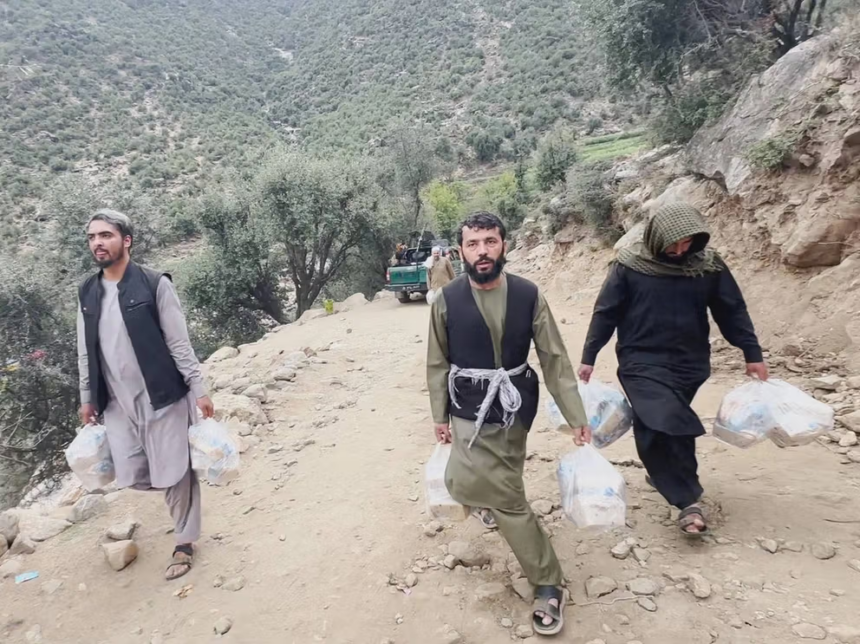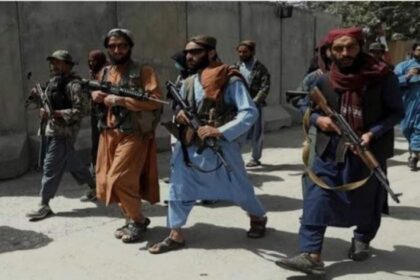RASC News Agency: More than forty-eight hours after a powerful earthquake devastated eastern Afghanistan, local sources in Kunar report that emergency aid has yet to reach the worst-hit districts of Nurgal and Mazar Dara, where thousands of survivors remain stranded without food, clean drinking water, or shelter. The absence of timely relief has raised fears of a second wave of tragedy this time driven not by collapsing buildings, but by hunger, thirst, and disease. Residents describe conditions of unbearable despair. Entire families are forced to sleep under open skies, shivering at night and exposed to scorching heat during the day. With food stocks exhausted and water supplies contaminated, parents now face the unbearable task of watching their children weaken with every passing hour. Local sources warn that unless assistance reaches these remote communities immediately, the death toll could rise significantly, particularly among women, children, and the elderly.
Community leaders in Kunar are sounding the alarm, insisting that a failure to deliver aid to the most devastated areas risks transforming the earthquake into a full-scale humanitarian catastrophe. They have also voiced sharp criticism of ongoing relief efforts, accusing aid organizations of distributing assistance in easier-to-reach areas while the worst-affected communities isolated by landslides and blocked roads remain abandoned. According to witnesses, the chaos of relief distribution in accessible districts has at times been exploited for publicity purposes. Crowds of desperate survivors often overwhelm distribution points, while more remote villages where destruction is greatest remain neglected and invisible to the cameras.
Against this grim backdrop, the Taliban’s Ministry of Economy announced that it had held meetings with United Nations officials in Kabul to “accelerate” humanitarian aid. Taliban minister Din Mohammad Hanif urged the international community to sustain and expand assistance. Yet critics argue that these highly publicized announcements are designed more to deflect responsibility than to resolve the crisis. For three years, Afghanistanis have watched the Taliban mismanage, politicize, and in some cases misappropriate humanitarian aid, turning survival assistance into another instrument of control. United Nations officials in Kabul reportedly reassured Taliban authorities that aid will continue and pledged to mobilize further international support. But for families trapped in the mountains of Nurgal and Mazar Dara, reassurances from Kabul mean little when their children are starving and the roads remain impassable.
The plight of these survivors illustrates a painful truth: under Taliban rule, even the most urgent humanitarian operations risk being delayed, disorganized, and overshadowed by politics. While Taliban leaders stage meetings and issue statements in the capital, those left in the rubble of Kunar are forced to endure the indignity of waiting hungry, thirsty, and forgotten.






